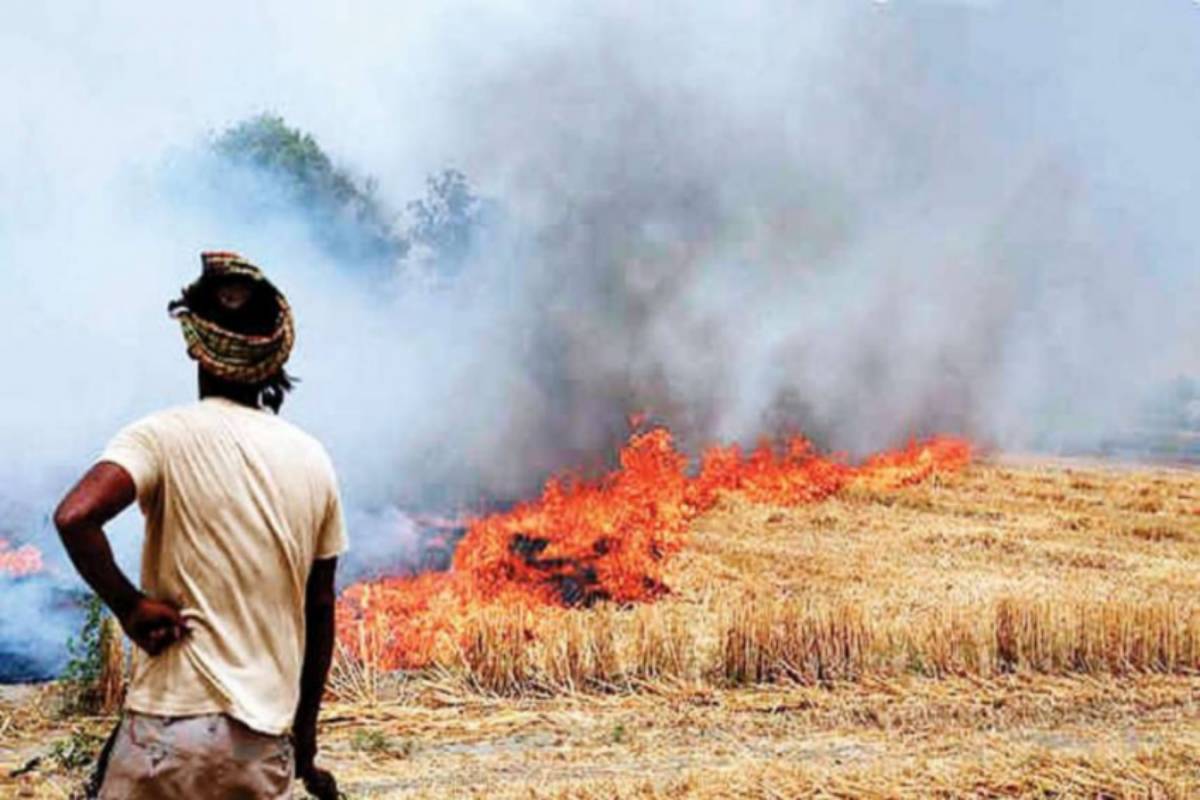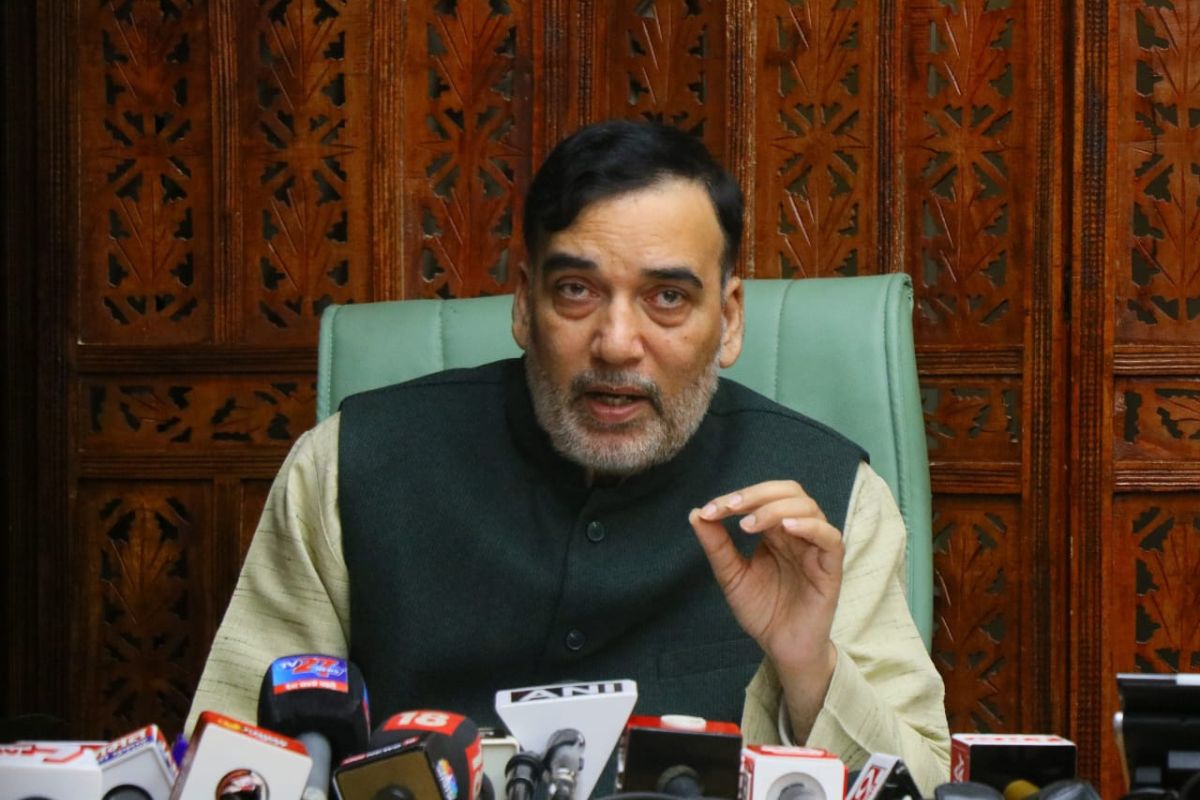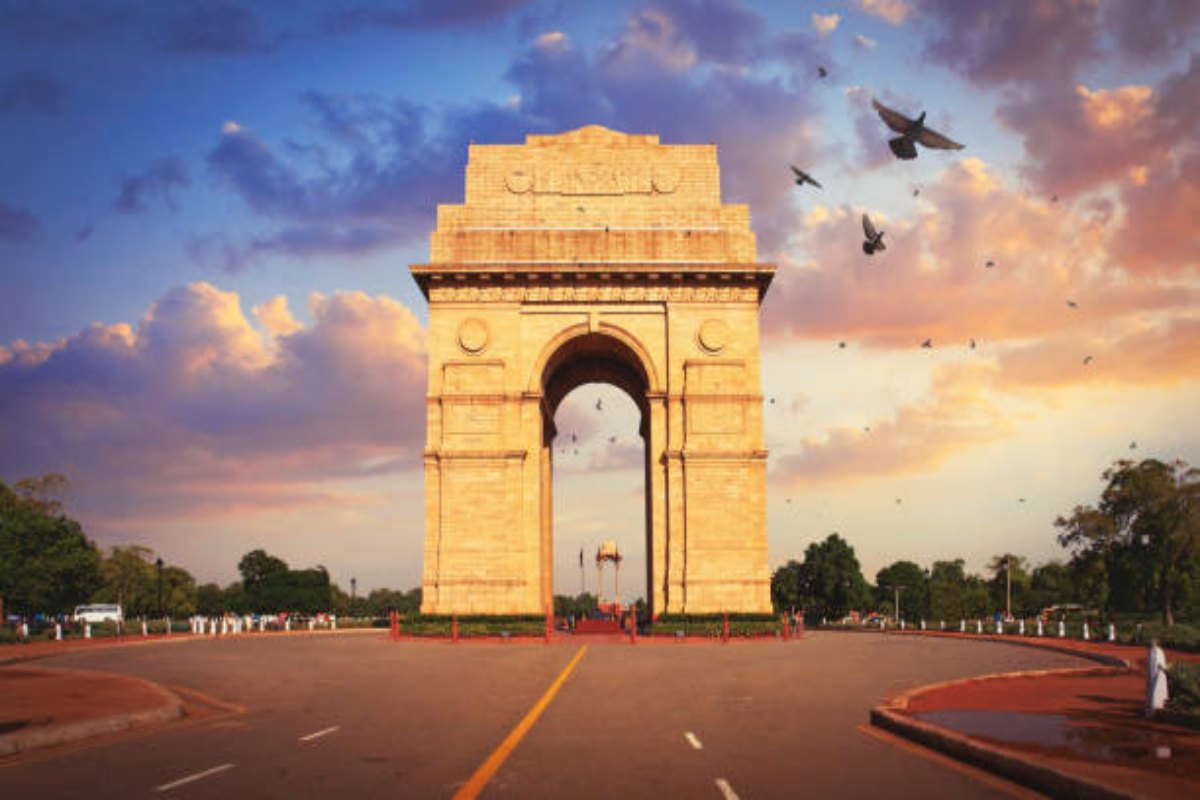A smog-free future: Tackling crop residue burning in Punjab and Haryana
Delhi’s winter air pollution crisis has been a perennial challenge, with the Air Quality Index (AQI) peaking at alarming levels year after year.

Delhi’s winter air pollution crisis has been a perennial challenge, with the Air Quality Index (AQI) peaking at alarming levels year after year.

The amendment is part of the government’s push to reduce air pollution under the Commission for Air Quality Management (CAQM) Act of 2021.

The AQI of Delhi was recorded at 364 at 7 AM on Sunday, according to the Central Pollution Control Board (CPCB).

Gopal Rai further mentioned that he thinks that if the people in Delhi plan on avoiding of burning crackers, Delhi would not witness any smog a day after Diwali, that we see every year.

During the first six months of the current year, Delhi experienced a remarkable increase in the number of days categorised as 'Good to Moderate' on the AQI.
The air quality in the National Capital is likely to improve from February 21 onwards.
The air quality in Delhi continued to be in the "very poor" category with the overall air quality index (AQI) at 337 on Saturday morning.
The National Capital's overall AQI clocked 434 on Monday as per the 4PM AQI bulletin provided by the Central Pollution Control Board (CPCB), which is an increase of 63 points from the AQI recorded yesterday (371), the Ministry of Environment, Forest and Climate Change said.
According to SAFAR forecast, the air quality of the city will continue under the 'very poor category' on Sunday.
Meanwhile, the air quality in Noida and Gurugram also remained in the 'very poor' category with AQI at 313 and 358 respectively.
